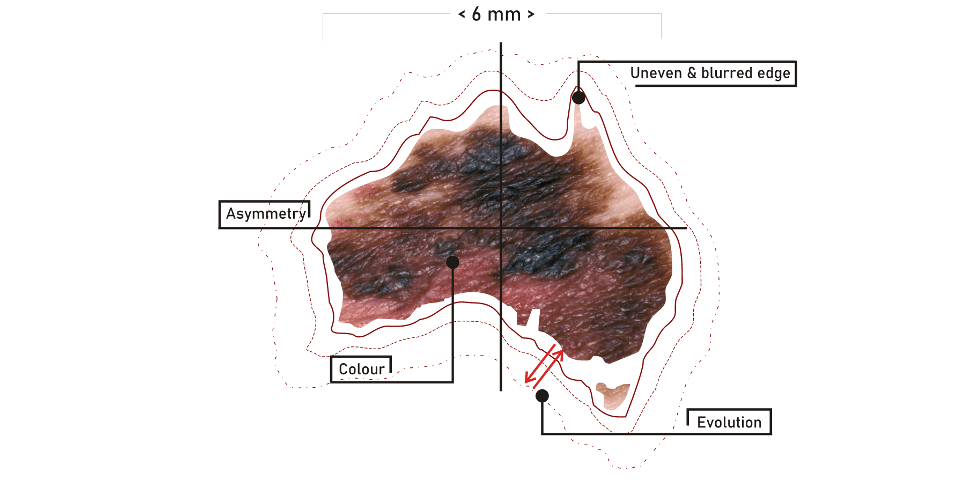Melanoma Institute Australia is urging the federal government to undertake a timely and efficient review of an effective treatment for preventing the deadly spread of melanoma.
The request follows the government announcement that the immunotherapy drug Nivolumab’s listing on the PBS had been deferred for further consideration.
Nivolumab was one of three treatments for resected Stage III metastatic melanoma submitted to the Pharmaceutical Benefits Advisory Committee (PBAC) for consideration for PBS listing. All three treatments are effective in preventing melanoma recurrence and its spread to other organs, including the brain, lungs and liver, and immunotherapy Nivolumab is effective for the majority of these high-risk patients.
While the federal government deferred Nivolumab for further consideration, a targeted combination therapy, effective for less than half these high-risk patients was approved, and a third treatment was rejected.
Co-Medical Directors of Melanoma Institute Australia, Professor Georgina Long and Professor Richard Scolyer, said they were very pleased to see one treatment listed, but disappointed for the majority of high-risk melanoma patients that the immunotherapy treatment was not.
“It is a sad irony that Australia has the highest melanoma rates in the world, yet we risk falling behind the USA and many European countries where this immunotherapy is preventing melanoma recurrence in the majority of these high-risk patients and already available and subsidised,” Professor Long said.
Currently, one Australian dies from melanoma every five hours and Melanoma Institute Australia is leading global efforts to find effective treatments for all melanoma patients, aiming to eventually reach zero deaths from melanoma.
“It is frustrating, disheartening and disappointing for Australia to be leading the international melanoma research effort, yet our own government is lagging behind the rest of the world in ensuring high-risk patients have subsidised access to this proven immunotherapy treatment,” said Professor Scolyer.








